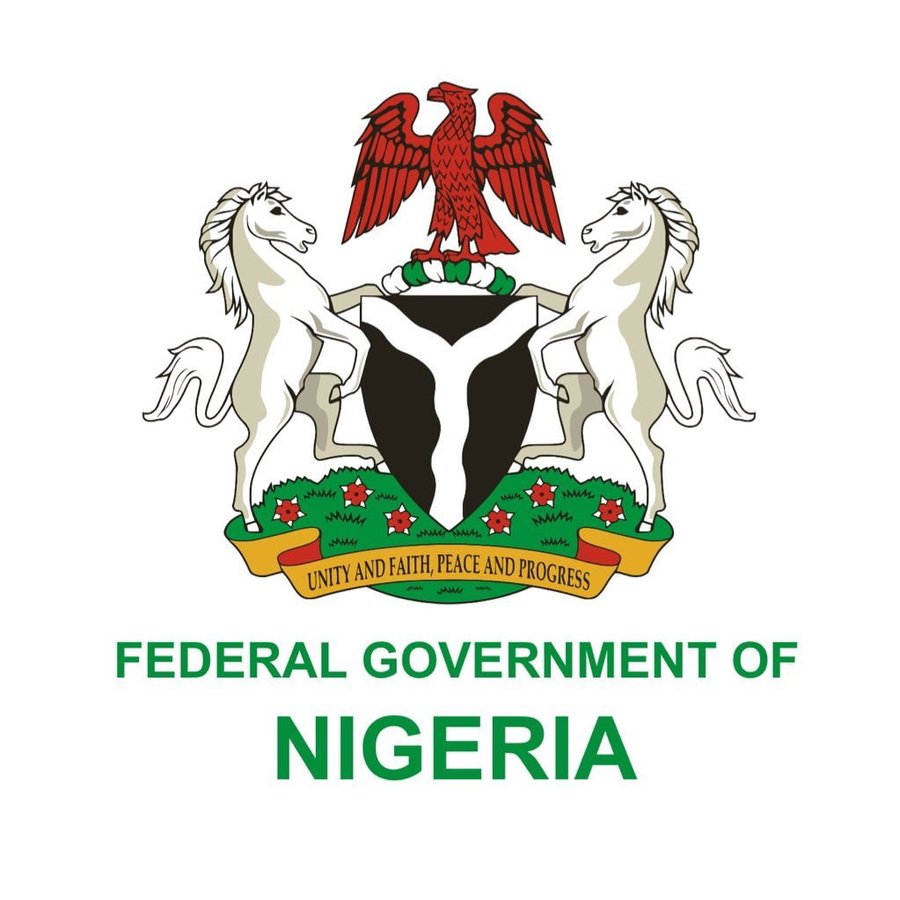In a bid to address its fiscal deficit and debt service obligations, including social and job creation projects, the federal government of Nigeria is expected to raise the Value Added Tax (VAT), to 15 per cent by 2027, doubling the current rate of 7.5 per cent.
This move comes as the Economist Intelligence Unit (EIU), a renowned international business research firm, projects significant challenges for the country’s economy.
The EIU’s latest Country Report highlights a forecasted widening of the fiscal deficit to five per cent of Gross Domestic Product (GDP) in 2024, slightly above the estimate for the previous year.
This trend is expected to persist, with an average deficit of 4.5 per cent of GDP annually between 2025 and 2028—exceeding the legal limit of three per cent of GDP and signaling a period of lax fiscal policy.
On the foreign exchange front, the EIU predicts further depreciation of the naira, with the currency expected to weaken to N2,381 against the dollar.
This projection includes a spread of five per cent to 15 per cent compared to the parallel market. The report attributes this depreciation to various factors, including persistently high inflation, deficit monetization, negative short-term real interest rates, low foreign reserves, and a backlog of foreign exchange orders.
Despite a 45 per cent devaluation in February, the EIU remains cautious about the stability of the naira, indicating that traders’ concerns about potential currency controls persist. The report suggests that foreign borrowing may be utilized to rebuild foreign reserves, potentially stabilizing the local currency towards the end of 2024.
Furthermore, the EIU anticipates a 100 basis points hike in the Monetary Policy Rate (MPR) to 23.75 per cent in 2024, driven by continued deficit monetization and strong imported inflationary pressures. However, it notes that achieving a positive real short-term interest rate could result in high unemployment—a scenario the government may seek to avoid due to political implications.
Looking ahead, the report forecasts a gradual rise in foreign exchange reserves, aided by a more market-driven exchange rate system and increased access to foreign borrowing. Nevertheless, this may only provide about seven months of import cover by 2028.
Additionally, the report predicts a sharp increase in the public debt-to-GDP ratio, breaching the statutory 40 per cent ceiling by the end of 2026 and reaching 50.4 per cent by 2028.
This rise is attributed to large budget deficits driven by ambitious spending plans, including infrastructure projects and subsidies.
In terms of inflation, the EIU anticipates an average of 30.3 per cent in 2024, with inflation remaining above the target range of 6-9 per cent throughout the forecast period. Factors contributing to this include expected VAT rate increases, insecurity in agricultural regions, infrastructure deficits, deficit monetization, currency weakness, and inflationary bias in economic policymaking.
Despite challenges, the report suggests that real GDP growth is expected to slow to 2.5 per cent in 2024, with continued stagnation in GDP per capita. However, net exports are projected to drive growth, supported by currency devaluation and higher crude oil output.
the EIU’s report underscores the complex economic landscape facing Nigeria, characterized by fiscal challenges, currency depreciation, and inflationary pressures. As the government pursues strategies to address these issues, the path to economic stability remains uncertain.



